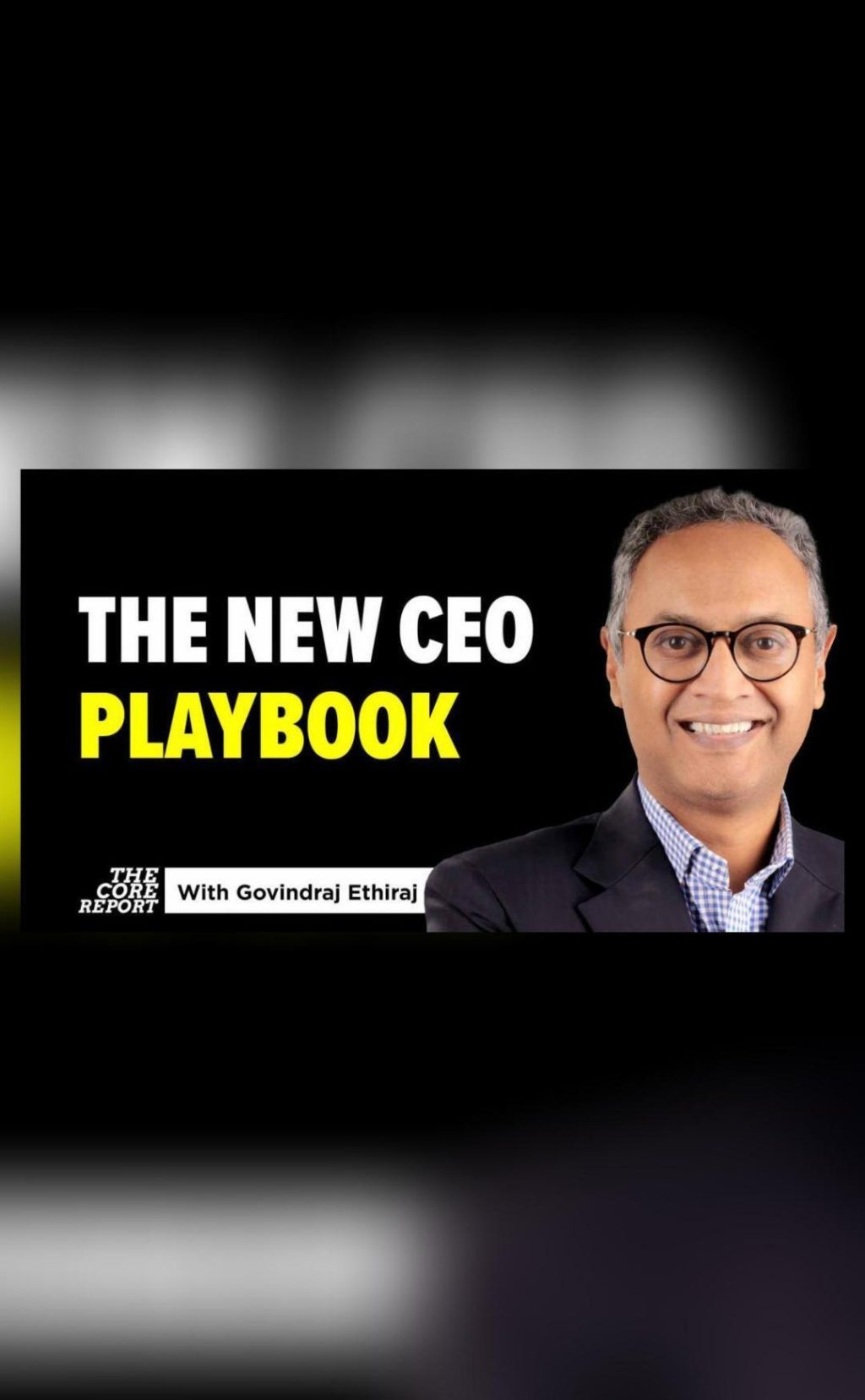
The New CEO Playbook: AI Pressures & Global Tariff Shocks
As the world continues to evolve at an unprecedented pace, CEOs are facing challenges that were unimaginable just a few years ago. Artificial intelligence (AI) is reshaping industries, and global tariff shocks are disrupting trade patterns. This perfect storm has forced business leaders to rethink their strategies, operations, and even their very business models.
In this blog post, we’ll explore the new CEO playbook, highlighting the pressures and shocks that CEOs are facing, and the strategies they must employ to stay ahead of the curve. We’ll also examine the opportunities that arise from these challenges and provide insights on what it takes to succeed in this rapidly changing business landscape.
The AI Pressure
AI is transforming industries at an incredible pace. From customer service chatbots to predictive analytics, AI is changing the way businesses operate. However, this transformation comes with significant pressures on CEOs. The need to innovate, automate, and upskill their workforces has become a top priority.
According to a recent McKinsey survey, 87% of companies believe that AI will change the way they operate, while 62% expect AI to create new business opportunities. However, the same survey also found that only 40% of companies have a clear AI strategy in place. This lack of preparedness is putting CEOs under immense pressure to catch up.
The pressure to automate is particularly intense. With the rise of automation, many jobs are being replaced or augmented by machines. According to a report by the World Economic Forum, by 2022, more than 75 million jobs will be displaced due to automation. This has forced CEOs to rethink their workforce strategies, investing in upskilling and reskilling programs to ensure their employees remain relevant.
The Global Tariff Shock
In addition to AI pressures, CEOs are also grappling with the impact of global tariff shocks. The ongoing trade tensions between the US and China, as well as the Brexit uncertainty, have created significant volatility in global trade patterns.
According to a report by the International Chamber of Commerce, the global economy could lose up to $7 trillion in GDP due to the trade tensions. This has forced CEOs to rethink their supply chain strategies, diversify their sourcing, and invest in localization.
The tariff shock has also led to a surge in protectionism, with many countries implementing retaliatory tariffs. This has created a complex web of tariffs, making it challenging for companies to navigate the global trade landscape.
Rebuilding the Business Model
In the face of these challenges, CEOs are being forced to rebuild their business models. The traditional approach of relying on scale and efficiency is no longer sufficient. Companies must now focus on innovation, adaptability, and localization.
One strategy that CEOs are employing is to localize their operations. This involves setting up production facilities closer to their customers, reducing transportation costs, and increasing speed to market. According to a report by Deloitte, 75% of companies are already planning to localize their supply chains.
Another strategy is to diversify their products and services. Companies are looking to expand into new markets, leveraging their existing expertise and capabilities to enter new industries. This not only reduces reliance on a single market but also creates new revenue streams.
The New CEO Playbook
So, what does it take to succeed in this rapidly changing business landscape? Here are some key takeaways from the new CEO playbook:
- Embrace AI: AI is transforming industries at an incredible pace. CEOs must invest in AI capabilities, automate processes, and upskill their workforces.
- Localize: Companies must localize their operations to reduce transportation costs, increase speed to market, and improve customer satisfaction.
- Diversify: CEOs must diversify their products and services, expanding into new markets and industries to reduce reliance on a single market.
- Innovate: Companies must innovate, investing in new technologies, processes, and business models to stay ahead of the curve.
- Adapt: CEOs must be prepared to adapt to changing circumstances, from shifting trade policies to new technological disruptions.
- Collaborate: Companies must collaborate with other businesses, governments, and organizations to navigate the complex global trade landscape.
Conclusion
The new CEO playbook is all about embracing change, adapting to uncertainty, and building resilience. With AI reshaping industries and global tariff shocks disrupting trade patterns, CEOs must rethink their strategies, operations, and business models. By embracing innovation, localizing their operations, diversifying their products and services, and adapting to changing circumstances, CEOs can stay ahead of the curve and thrive in this rapidly changing business landscape.
News Source:






